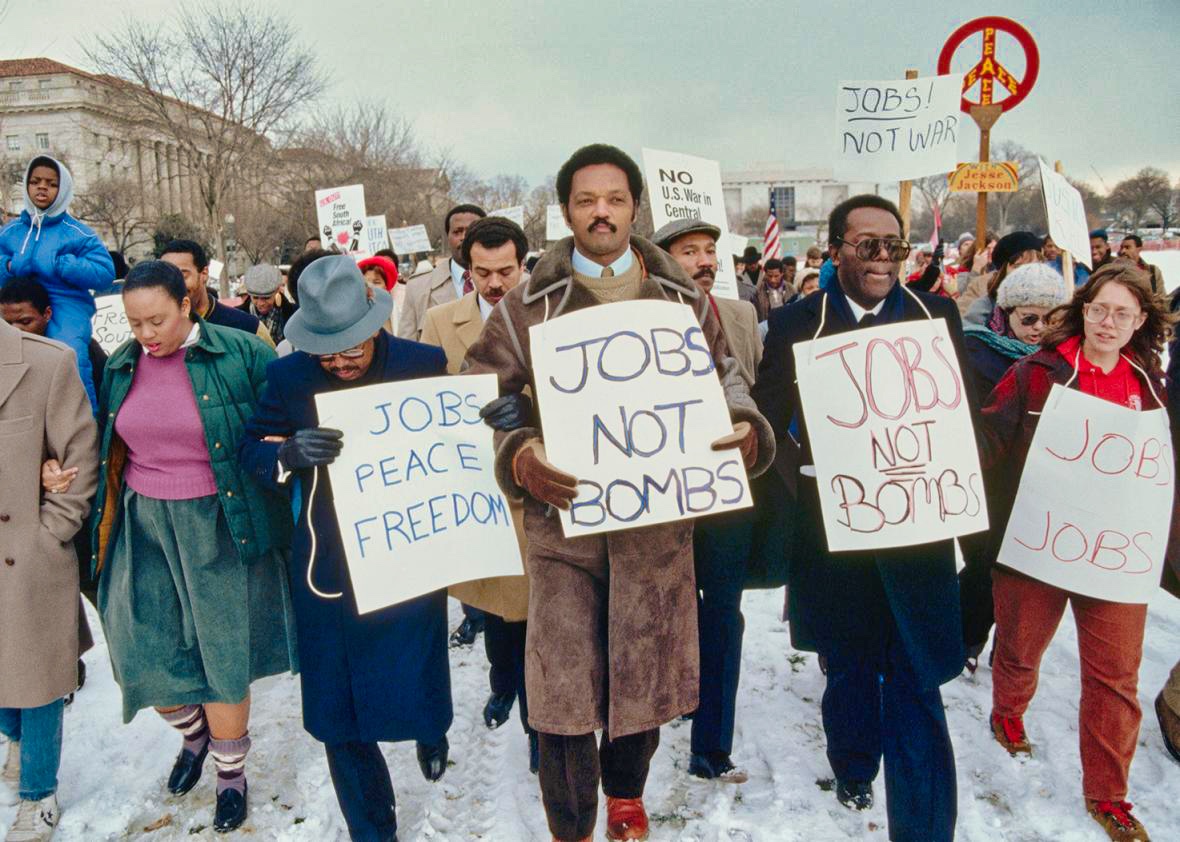The virtual seminar will be held from 12:30 to 2:00 p.m. (ET)
A commitment to dismantling systemic racism and becoming antiracist requires openness, willingness to listen and change, and, above all, accountability. To this end, this panel will highlight how systemic racism in the nuclear field is produced and sustained on an individual, organizational, epistemological, and institutional level. Only by deeply understanding how these traditions of injustice came to be, persist, and thrive within the nuclear community today can its members commit to being antiracists.
Reading
Katlyn M. Turner, Lauren J. Borja, Denia Djokić, Madicken Munk, Aditi Verma, A call for antiracist action and accountability in the US nuclear community, Bulletin of the Atomic Scientists, August 24, 2020.
About the Speakers
Katlyn M. Turner is a research scientist in the Space Enabled Research Group at the MIT Media Lab. There, she co-leads a research effort on anti-racism in technology design with Professor Danielle Wood. Dr. Turner was a postdoctoral fellow from 2017 to 2019 at the Project on Managing the Atom and the International Security Program at Harvard University’s Belfer Center for Science and International Affairs. After researching actinide chemistry at the University of Notre Dame where she earned her B.S., she earned her M.S. from the University of Michigan and her doctorate in geological sciences from Stanford University in 2017, where her dissertation examined nuclear materials in extreme environments. Her current work focuses on the relationship between complex sociotechnical systems and social inequity, and on the creation and implementation of processes and policies that promote justice and equity, particularly for historically underprivileged groups.
Lauren J. Borja was a 2019–2020 Stanton Nuclear Security Postdoctoral Fellow at the Center for International Security and Cooperation at Stanford University and a Simons Postdoctoral fellow at the University of British Columbia’s School of Public Policy and Global Affairs. In 2016, she received her PhD from the University of California, Berkeley in physical chemistry.
Denia Djokić is a 2018–2020 Postdoctoral Research Fellow at the Project on Managing the Atom at the Belfer Center for Science and International Affairs and a 2019–2020 Visiting Research Fellow at the Program for Science, Technology, and Society, both at Harvard University’s Kennedy School of Government. From 2015 to 2017, she served as a science advisor in the Ecuadorian government. She holds an MS and a PhD in Nuclear Engineering with a Designated Emphasis in Energy Science and Technology from the University of California, Berkeley, where she was a US Department of Energy Office of Civilian Radioactive Waste Management Graduate Student Fellow. She also holds a BS in Physics from Carnegie Mellon University.
Madicken Munk is a postdoctoral scholar at the National Center for Supercomputing Applications at the University of Illinois at Urbana–Champaign. She holds an MS and a PhD in Nuclear Engineering from the University of California, Berkeley, where her research focused on reactor physics and hybrid methods for radiation transport. She also holds a BS in Nuclear Engineering from Oregon State University. She is a current subcommittee chair of the NumFOCUS committee for diversity and inclusion in scientific computing.
Aditi Verma is a 2020–2021 Stanton Nuclear Security Postdoctoral Fellow at the Belfer Center’s Project on Managing the Atom and the International Security Program. She is broadly interested in how nuclear technologies specifically and complex technologies broadly, and their institutional infrastructures can be designed in collaboration with publics such that traditionally excluded perspectives can be brought into these design processes. Prior to her appointment at the Belfer Center, Aditi worked at the OECD Nuclear Energy Agency where her work, endorsed and funded by policymakers from the NEA member countries, focused on bringing epistemologies from the humanities and social sciences to academic and practitioner nuclear engineering, thus broadening their epistemic core. Aditi holds undergraduate and doctoral in Nuclear Science and Engineering from MIT. Her doctoral research, funded by the Sloan Foundation and a Spira Fellowship, combined theoretical and methodological resources from design studies and sociology to study how reactor designers make decisions in the foundational early stages of design, particularly those bearing on safety. Aditi has also previously held positions at the International Atomic Energy Agency, Framatome (formerly Areva), and the Center for the Study of Science, Technology and Policy.
